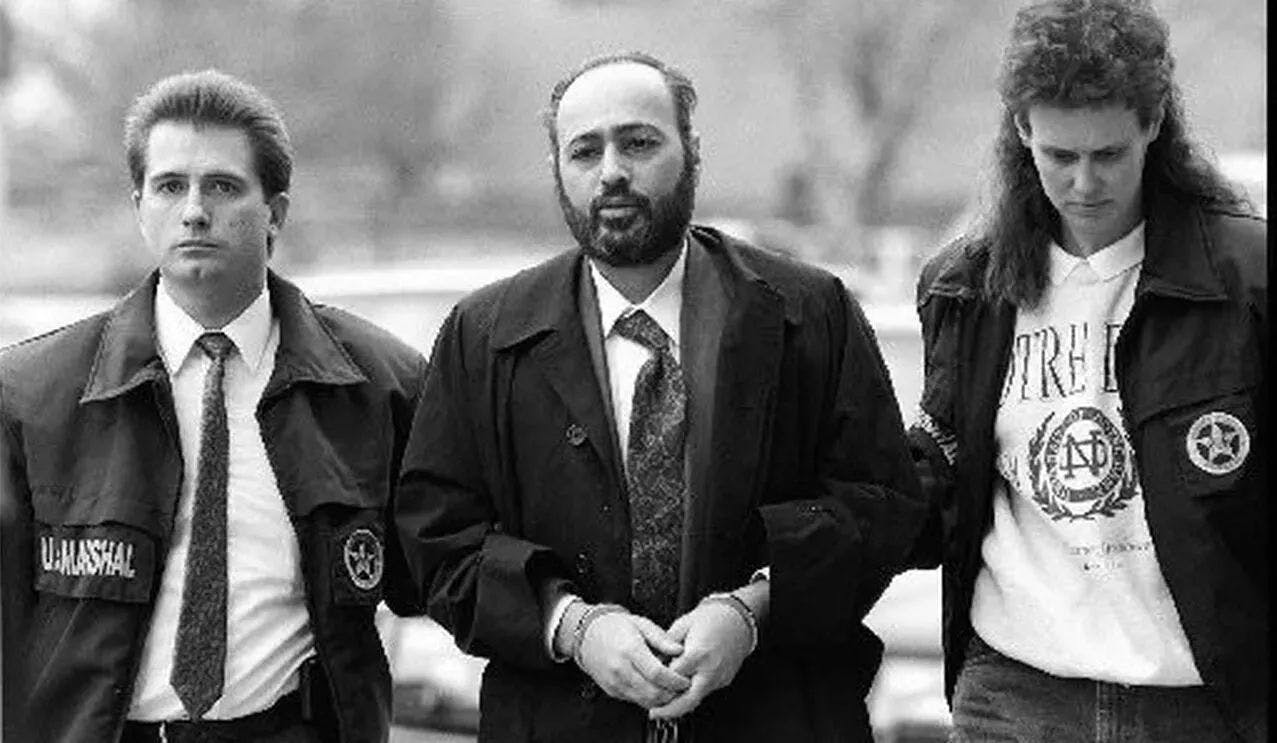Audio Presented by

I`m a content marketer from Ukraine, specializing in blogs. I work in IT, crypto, and marketing niches. You can DM me.
About Author
I`m a content marketer from Ukraine, specializing in blogs. I work in IT, crypto, and marketing niches. You can DM me.
